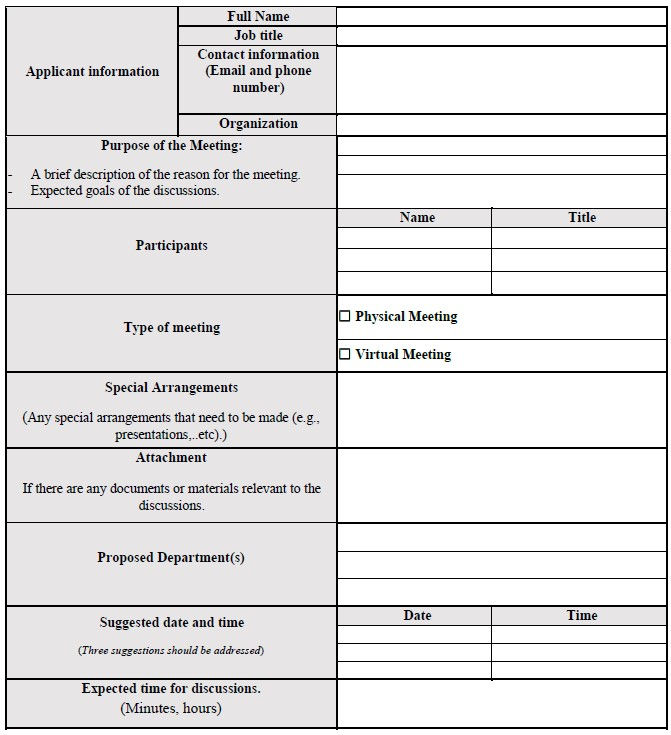SAHPRA Guideline: Section 21 Access to Unregistered Medicines
- Apr 6
- 3 min read
The South African Health Products Regulatory Authority (SAHPRA) has updated its Guideline "Section 21 Access to Unregistered Medicines" (v5, April 2025) to enhance access to unregistered medicines while ensuring safety, quality, and accountability. It applies to all healthcare professionals and companies who request access to unregistered medicines, vaccines, biologics, and medical devices.

What is Section 21?
Section 21 of the Medicines and Related Substances Act, 1965 (Act 101 of 1965) allows SAHPRA to authorize the sale of unregistered medicines under specific conditions. This mechanism ensures access to medicines when conventional therapies are unavailable, have failed, or are ruled out.
The guideline outlines:
The process for requesting access to unregistered medicines.
Roles and responsibilities of applicants, healthcare providers, and license holders.
Information required for compliance with Section 21 and Regulation 29 of the General Regulations.
The primary goal is to ensure that all medicines accessed under Section 21 meet stringent safety, quality, and efficacy standards.
Section 21 enables SAHPRA to authorize the sale of unregistered medicines during a specified period for specific purposes. Key legal aspects include:
Definition of "sell": Includes wholesale or retail sale, importation, advertising, or distribution of medicines.
Public interest considerations: Decisions are based on the safety, quality, and therapeutic efficacy of the medicine.
Authorization conditions: Medicines authorized under Section 21 must be used as specified by SAHPRA and may be withdrawn if conditions are not met.
Additionally, Regulation 6(2) mandates that only licensed individuals or institutions may import unregistered medicines with proper authorization from SAHPRA.
SAHPRA identifies several scenarios where Section 21 authorization may be granted:
Individual Named Patient Applications: Requests for a single patient requiring treatment with an unregistered medicine.
Multiple Patient Applications: Health establishments or medical practices can apply for multiple patients requiring the same unregistered medicine.
State Procurement: Government agencies can procure unregistered medicines for public health needs.
Public Health Emergencies (PHE): Authorization may be granted during outbreaks, epidemics, or pandemics deemed extraordinary events by the National Department of Health.
Medicines Authorized by Recognized MRAs: Medicines approved by other regulatory authorities may be considered for expedited access under Section 21.
Medicines Not Authorized by MRAs: Medicines without prior approval from recognized regulators require thorough evaluation before authorization.
Applicants must ensure compliance with all regulatory requirements and provide detailed information about the medicine's intended use, safety profile, and justification for its necessity. Healthcare providers play a critical role in ensuring patient safety by submitting accurate applications, monitoring outcomes post-approval, and reporting adverse drug reactions (ADRs). Manufacturers or importers holding licenses under Section 22C(1)(b) must ensure that unregistered medicines meet quality standards during importation or distribution.
The application process involves several key steps:
Initiation of Application: Applications must be submitted through SAHPRA’s newly developed Section 21 portal, along with supporting documentation.
Hours of Operation: Regular applications are processed during business hours; urgent applications can be submitted after hours with justification.
Evaluation Process: Applications undergo screening and evaluation phases to ensure compliance with regulatory standards.
Outcome Communication: Decisions are communicated promptly to applicants along with any conditions imposed on the authorization.
The evaluation process consists of:
Screening applications for completeness and accuracy.
Assessing clinical justification for using an unregistered medicine.
Consider special circumstances like public health emergencies or post-trial access needs.
Outcome reports must be submitted within six months of approval; failure to comply may result in restrictions on future applications.
For more information or assistance with applications, visit SAHPRA’s official website or download the Full Guideline


Commentaires